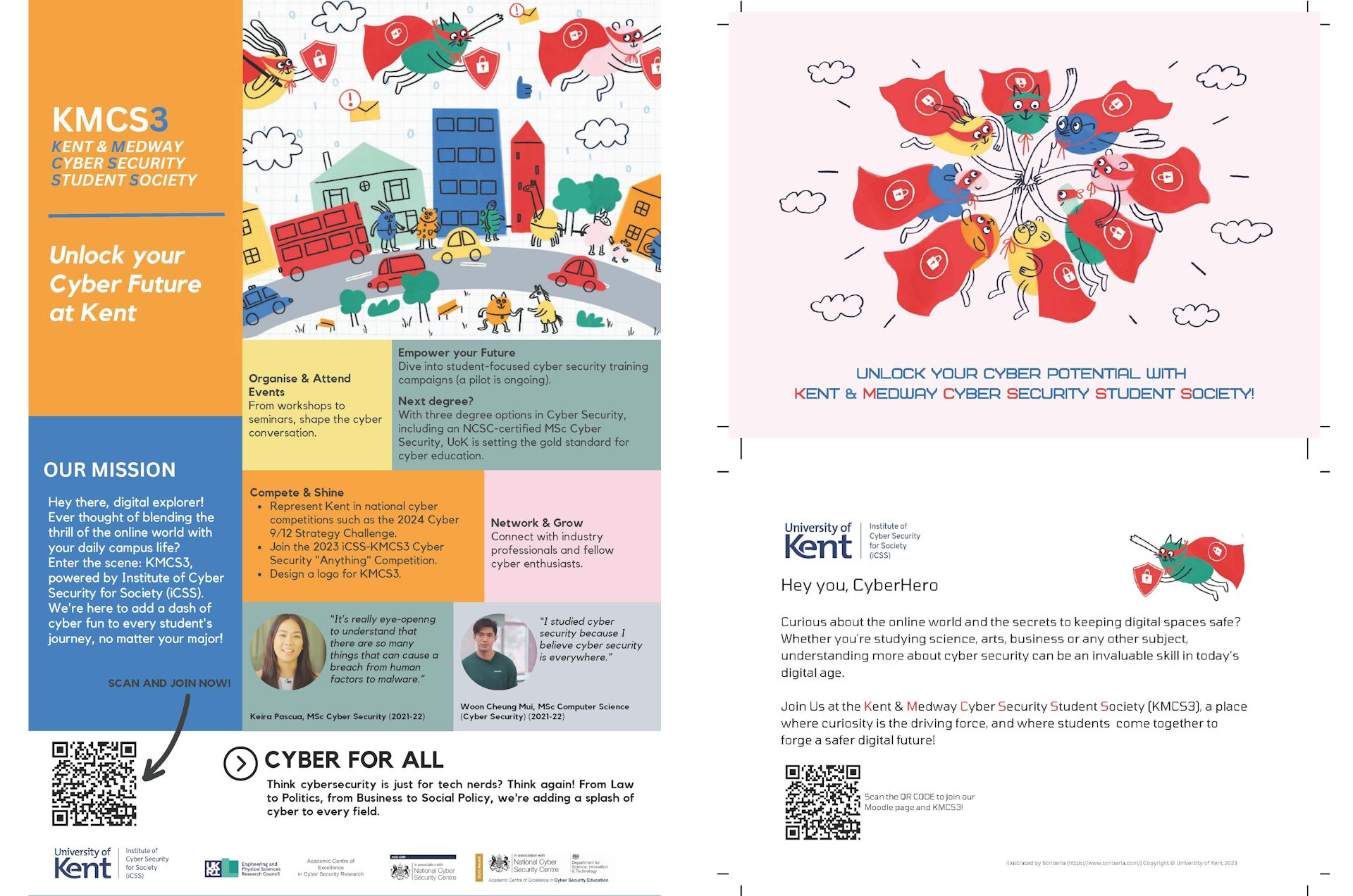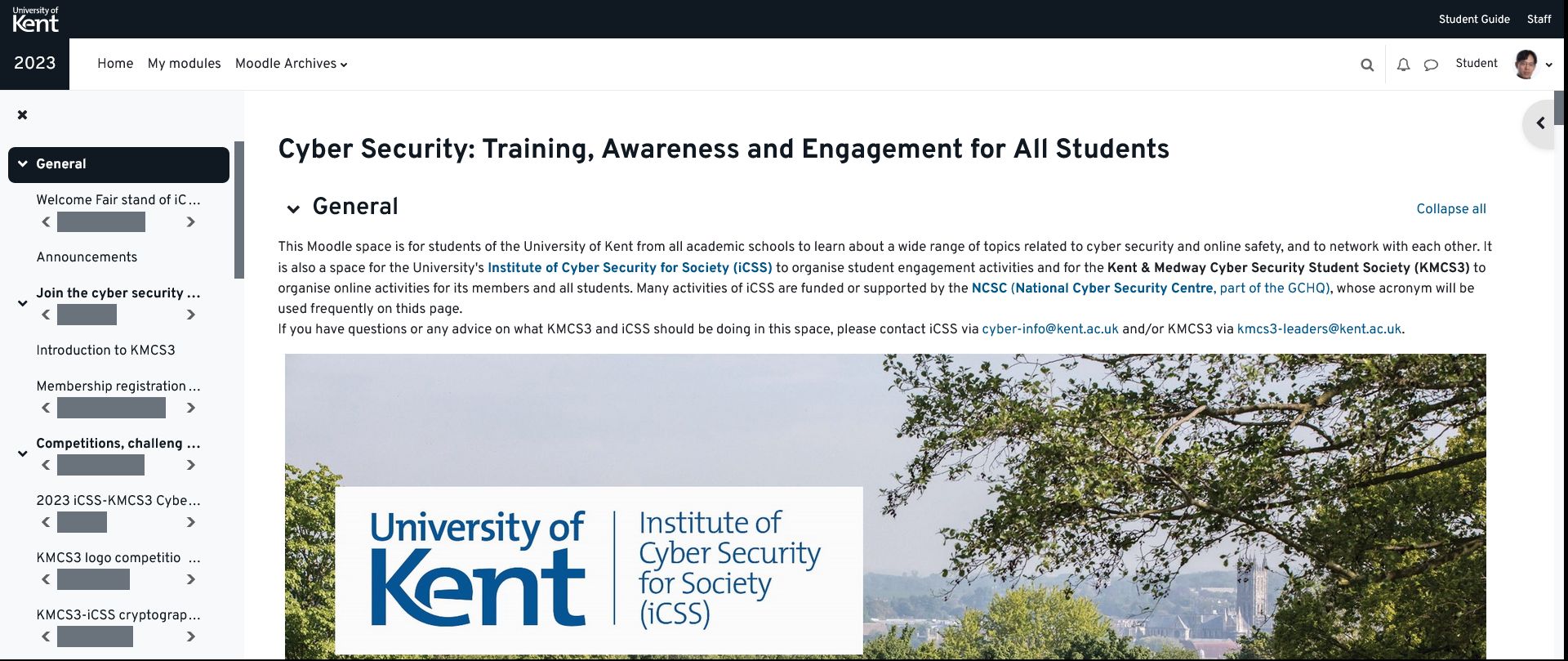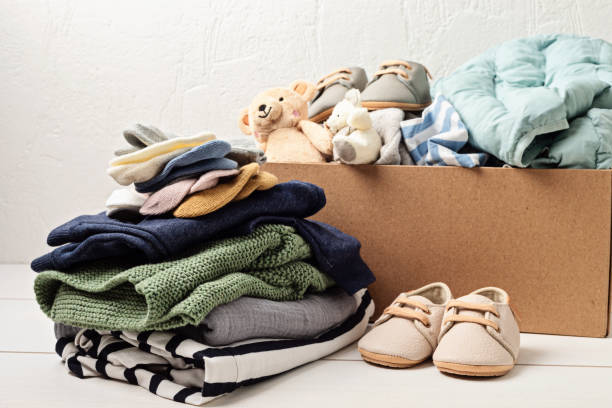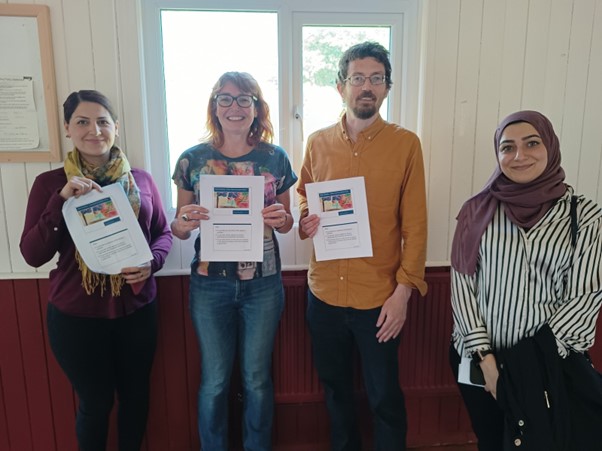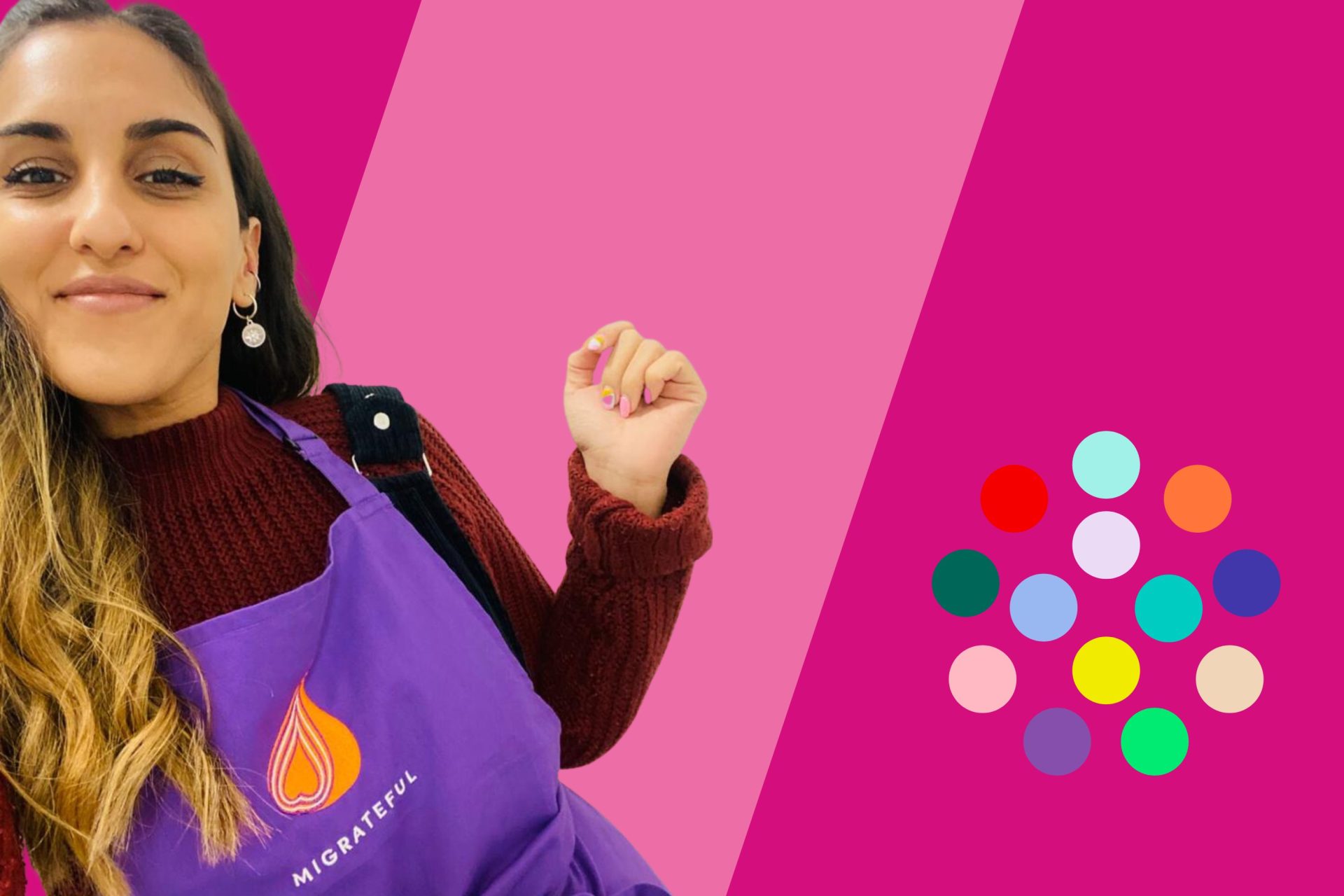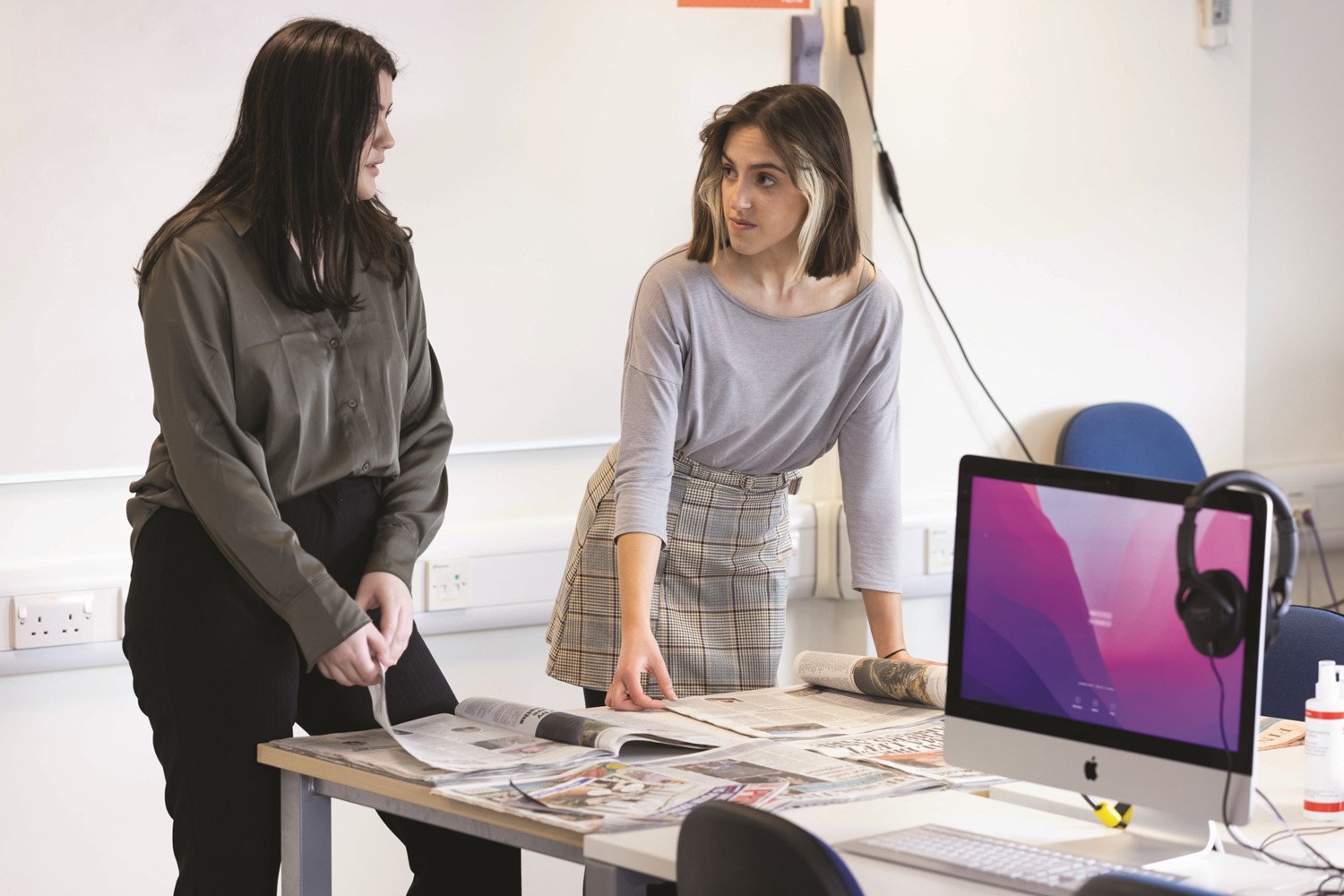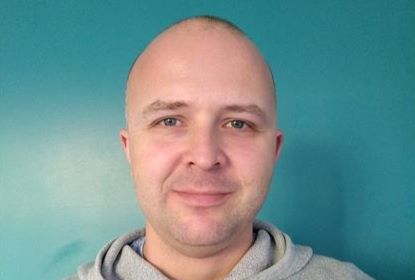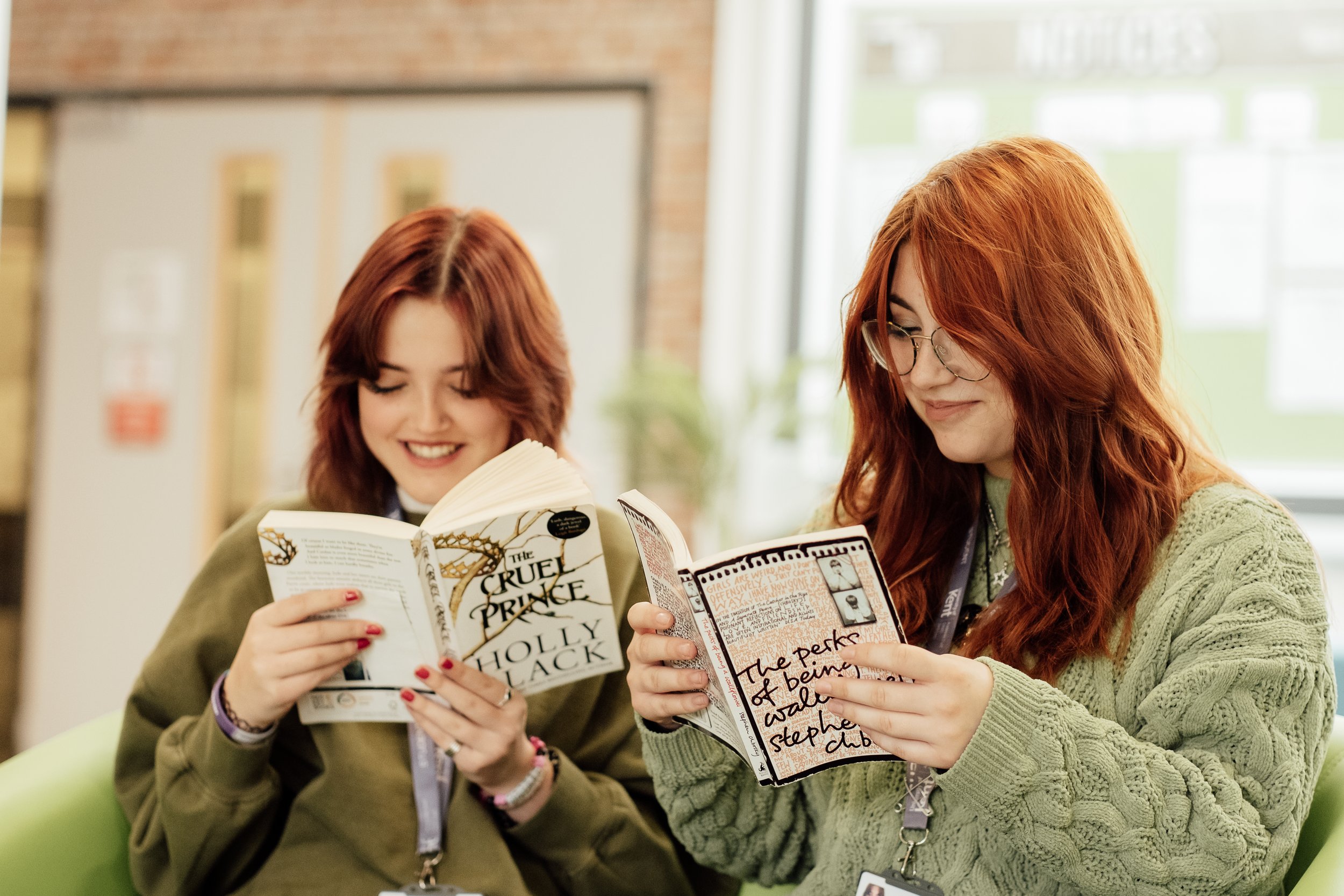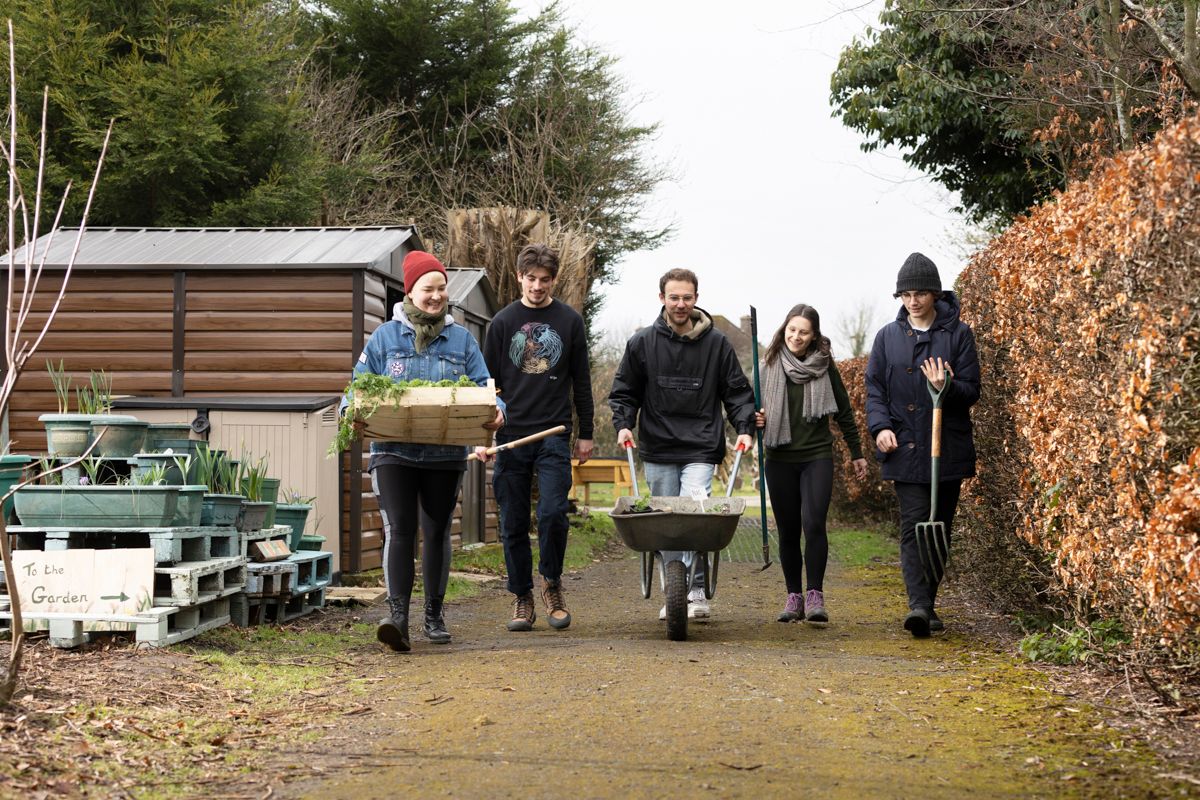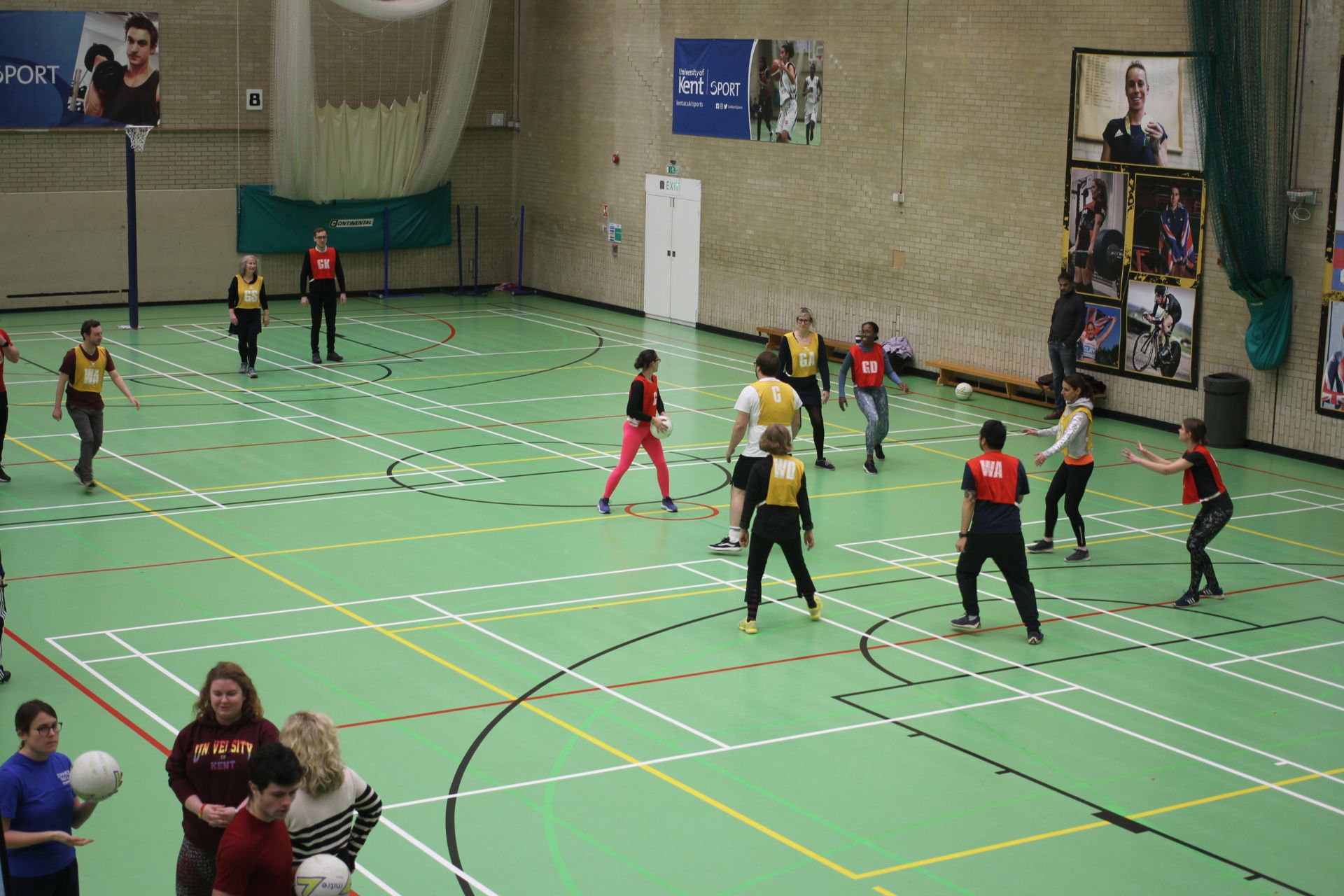From the Welcome Week of the 2023-24 academic year, iCSS is launching a new student engagement cyber security campaign for all University of Kent students. This is a major area of activities of iCSS and the University of Kent, as a newly recognised ACE-CSE (Academic Centre of Excellence in Cyber Security Education) with a Gold award status (2023-29) by the UK Government (click here to read a news article about this new achievement).

A major component of the campaign is a new Moodle space DP101010 “Cyber Security: Training, Awareness and Engagement for All Students”, which is made open for all University of Kent students to self-enroll.
This new Moodle space will be used as a “one-stop shop” for all students to learn about cyber security and other closely related topics such as online safety, cyber crime and mis-/disinformation, and to benefit from / participate in a wide range of student-facing resources / activities such as training materials and opportunities, competitions, placement and student ambassador opportunities, and a diverse range of events organised by the University of Kent and other organisations.
The moodle page has already been populated with a wide range of useful information, and we call more students to have a look and self-enroll.
Another major component of the campaign is around the newly established KMCS3 (Kent & Medway Cyber Security Student Society). The student society was piloted in the 2022-23 academic year, and has been formally established over the summer of 2023. iCSS supports KMCS3 as its financial sponsor and administrative supporter on various activities, e.g., for overseeing the operation, seeking and appointing its leaders, providing necessary funding and resources for various activities, booking rooms, recommending speakers and co-organising events.
More about KMCS3 can be found on this page in the above-mentioned Moodle space. The recruitment of members for KMCS3 has started from Monday 18th September, the first day of the Welcome Week. To register as a member of KMCS3, interested students should first visit the above-mentioned Moodle space, self-enroll and then fill the following membership registration form:
https://moodle.kent.ac.uk/2023/mod/questionnaire/view.php?id=267103
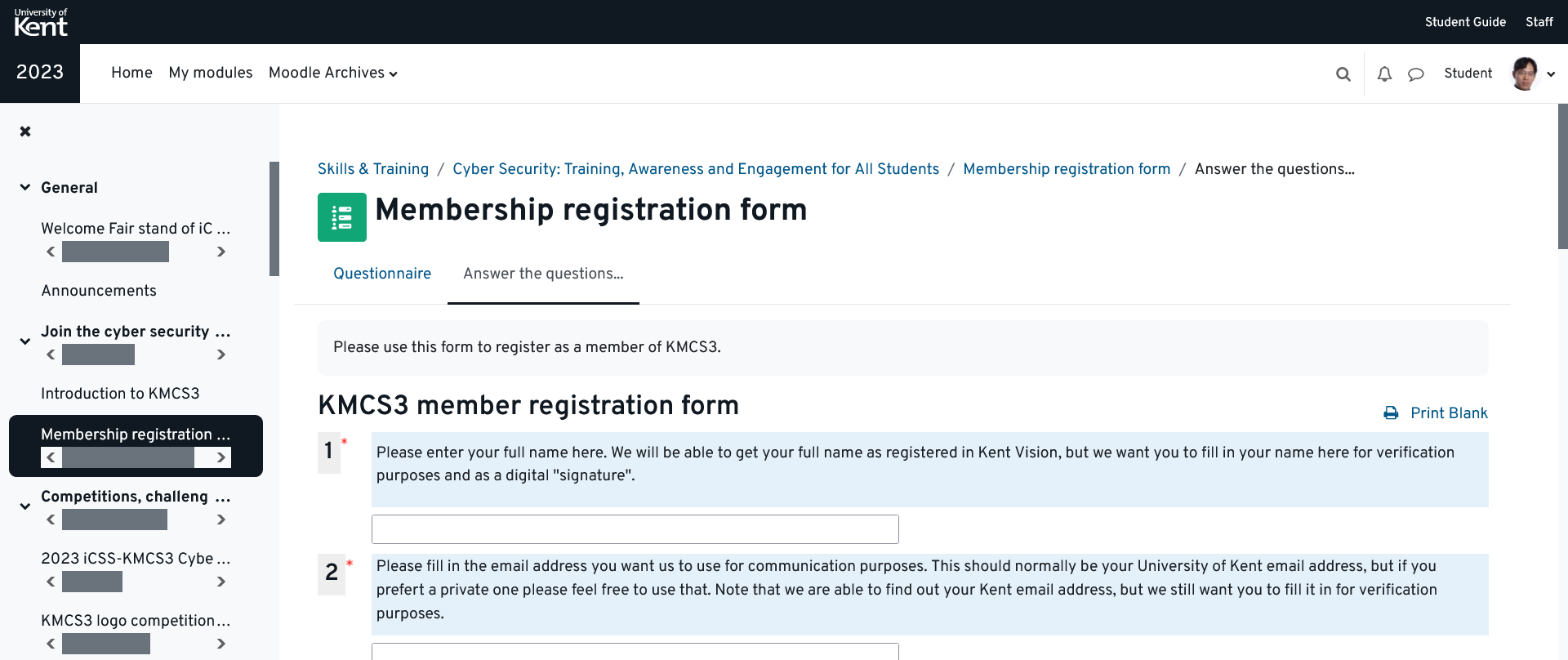
Among many activities iCSS and KMCS3 will be co-organising, one of them is the 2023 iCSS-KMCS3 Cyber Security “Anything” Competition. This competition is based on the 2022 iCSS Cyber Security Photography Competition, which attracted many to submit photos they took to express their real-life experience about the cyberspace.
In 2023, the new competition will enlarge acceptable submissions to other categories of artefacts, including not just photos, but also drawing, short videos, essays, poems, and even physical objects such as 3-D printed objects and hand-crafted artefacts. A number of prizes will be selected at the end of the competition and Amazon e-vouchers will be awarded to prize winners.
The deadline for submission is 15 November 2023, and the prize winners will be announced before the Christmas. To learn more about the competition and to submit your work, please visit
https://cyber.kent.ac.uk/survey/index.php/168859
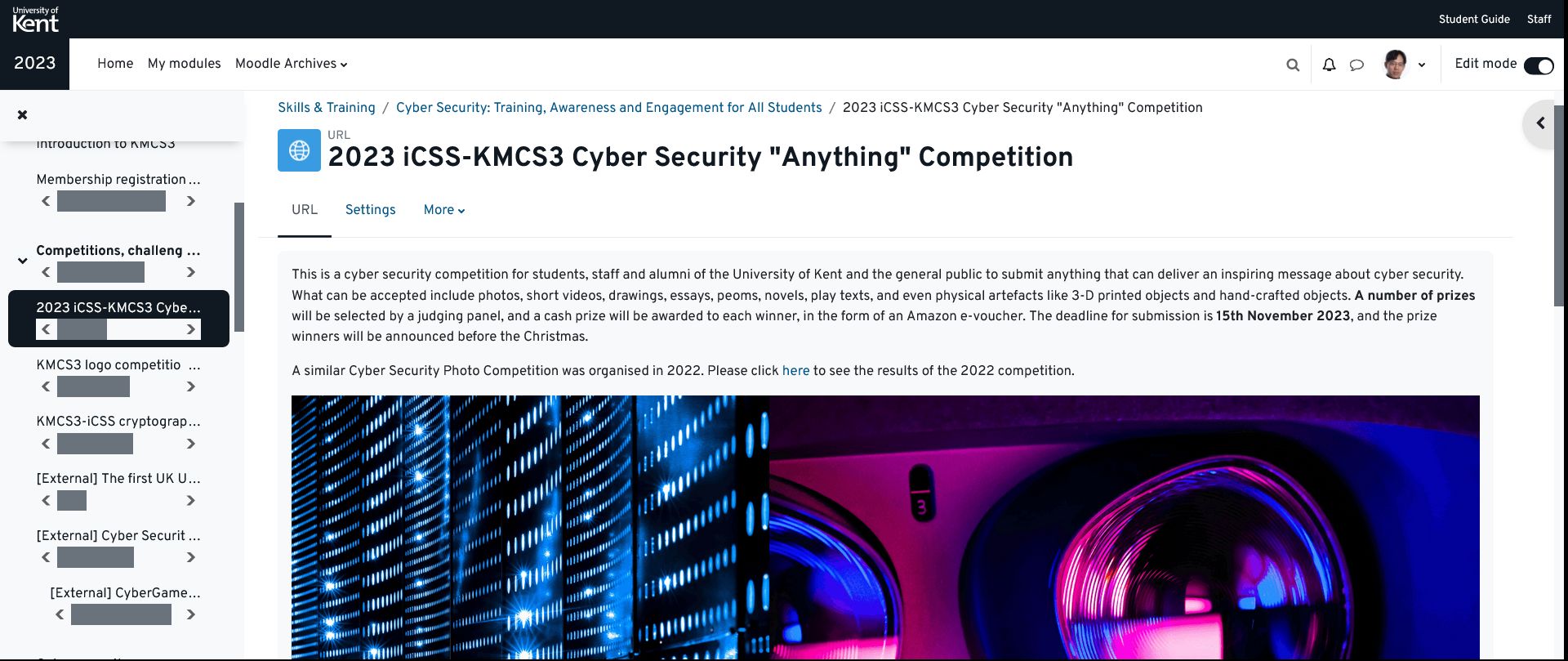
Last but not the least, on Thursday 21 and Friday 22 September, iCSS and KCMS3 will have a stand at the Kent Union’s Welcome Fair. Please come and join us to learn more about what iCSS and KCMS3 will do for all students in the 2023-24 academic year. There will be a fun cryptographic quiz (download a PDF file of the quiz here) for all to have a try and if you are lucky you may win one or two Amazon e-vouchers each of £20!

If you have any advice on what we should do or if you are interested in helping out (e.g., contributing to KMCS3), please get in touch via cyber-info@kent.ac.uk (for iCSS) or kmcs3-leaders@kent.ac.uk (for KMCS3).
